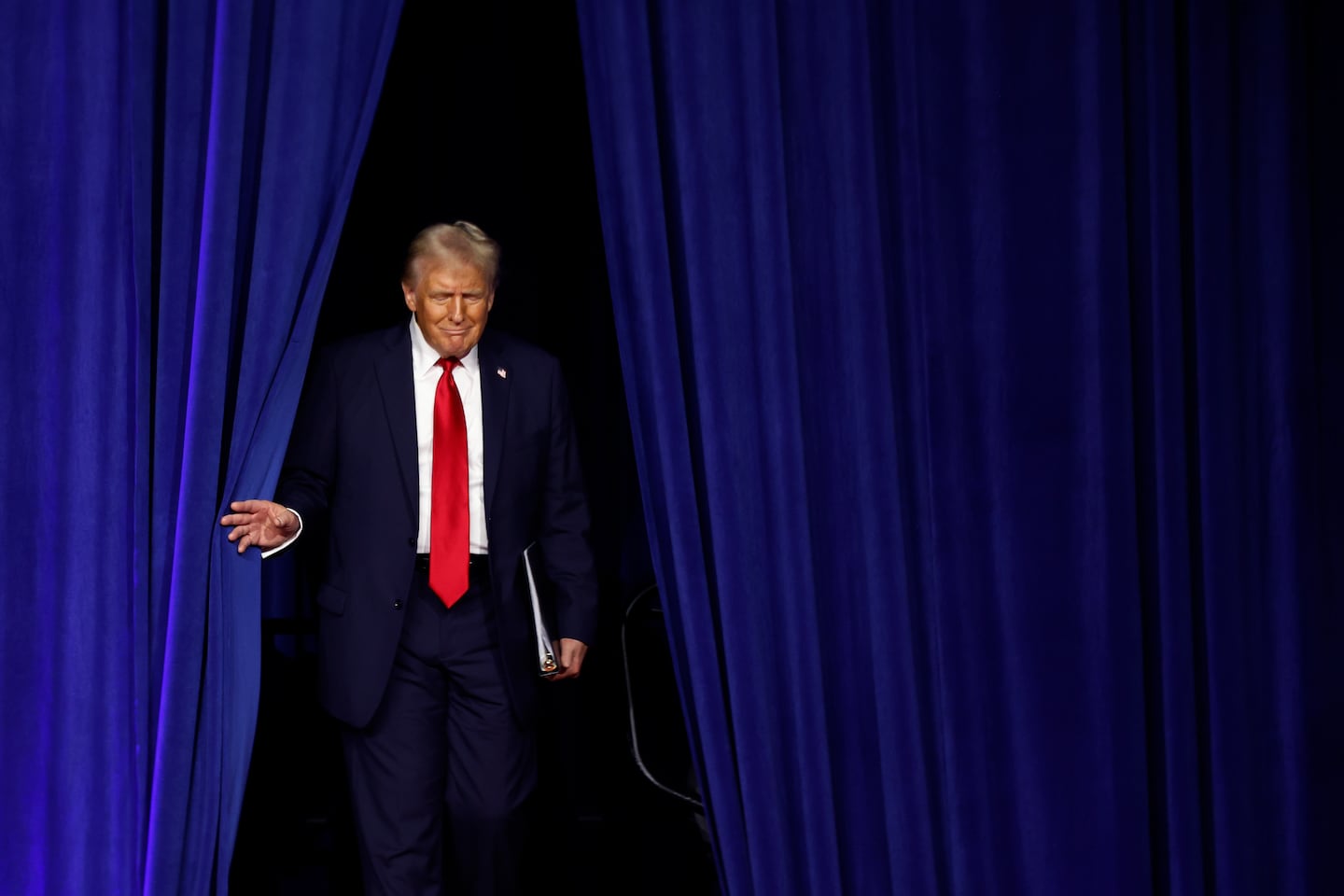Major is the CEO and chairman of Latitude, which advises clients across the world on how to secure citizenship or residency in countries from Spain to St. Lucia. Costs of such programs can range widely: from $150,000 for an Anguilla residency to $1.2 million for a residency in the Cayman Islands.
In April, I wrote about the tremendous growth in Major’s American clientele, many of whom were worried about former President Trump getting reelected. It was a moment when the polls seemed to be slipping away from Biden. “If the world is at such a place where the United States is having these kinds of issues,” Major told me at the time, “then we’re entering into a very concerning chapter of human history.”
Get Starting Point
A guide through the most important stories of the morning, delivered Monday, Wednesday, and Friday.
Over the summer, after the nomination of Vice President Kamala Harris, Major — who is Canadian — saw a lot fewer Americans seeking an exit strategy. Democrats seemed hopeful that Harris could win.
But several days before the election, business began to pick up again. He could tell panic — among those who didn’t like Trump — was setting in. And Latitude’s competitors have also seen an uptick in business. Just before the election, Dominic Volek, an executive at rival firm Henley & Partners, told CNBC that “We’ve never seen demand like we see now.”
What’s striking, Major says, is how many American clients he now has. For decades, his largest single group of clients was from China. Wealthy Chinese citizens weren’t sure they or their money would be safe in China, so they sought residency options in Australia, Canada, New Zealand, and the United States.
Now, though, Major has five times more American clients than he has from any other country (Latitude currently works with citizens of approximately 50 countries). And he says that most of them are not planning to leave immediately, but they want an escape hatch.
Their thinking, he says, often goes something like this: “I could stay in California or Connecticut or Boston or Miami and hang tight until I feel that things are untenable. Then I have this Antigua passport, or I have this Portuguese residence card, and then I could go.”
He says many of those who reach out to him fear civil unrest. In recent days, he has heard from a Jewish American from Illinois who’s worried about antisemitism. He has heard from a parent concerned about people showing up at their child’s school to harass kids who appear to be gay or transgender. He has heard from Chinese Americans who worry that there will be more friction with China, and that could lead to repercussions for them.
“It’s not easy,” he says, “for those who are really distraught by [Trump’s election]. I feel it when they talk to you. It’s like: ‘Oh my God, what does this mean?’ I mean, even my mom in Florida is thinking: ‘I’ve got to go back to Canada.’”

Boston is a top-five city in generating clients for Latitude, according to Major. He notes that “if you’re a Silicon Valley type or a Boston-MIT type — really smart — and all you’ve got is an American passport, you may have diversified your portfolio and your real estate holdings around the world. But if you got to get out of Dodge, where the hell are you going?”
Many of Major’s clients have north of $25 million in assets — and some have far more than that. He says clients are often told about alternative residencies and citizenships by their private bankers or family office managers. These people want options, and there were times during the pandemic, he notes, when you couldn’t fly to Toronto or London with an American passport. But you could get in with a passport from Antigua.
So where does the business go from here? Major believes he’s seen this movie before. During the 20 years he spent working with Chinese clients, the demand for exit options started with the super wealthy. And then, as people began to understand that those around them had backup plans, demand filtered down to the “mass affluent.”
In America, he suspects that the search for an escape hatch is just beginning.
Follow Kara Miller @karaemiller.
Source link : http://www.bing.com/news/apiclick.aspx?ref=FexRss&aid=&tid=672e5695855549a98ca080839ac72410&url=https%3A%2F%2Fwww.bostonglobe.com%2F2024%2F11%2F08%2Fbusiness%2Fwealthy-americans-move-trump-election%2F&c=2712559150104223077&mkt=en-us
Author :
Publish date : 2024-11-07 11:00:00
Copyright for syndicated content belongs to the linked Source.
